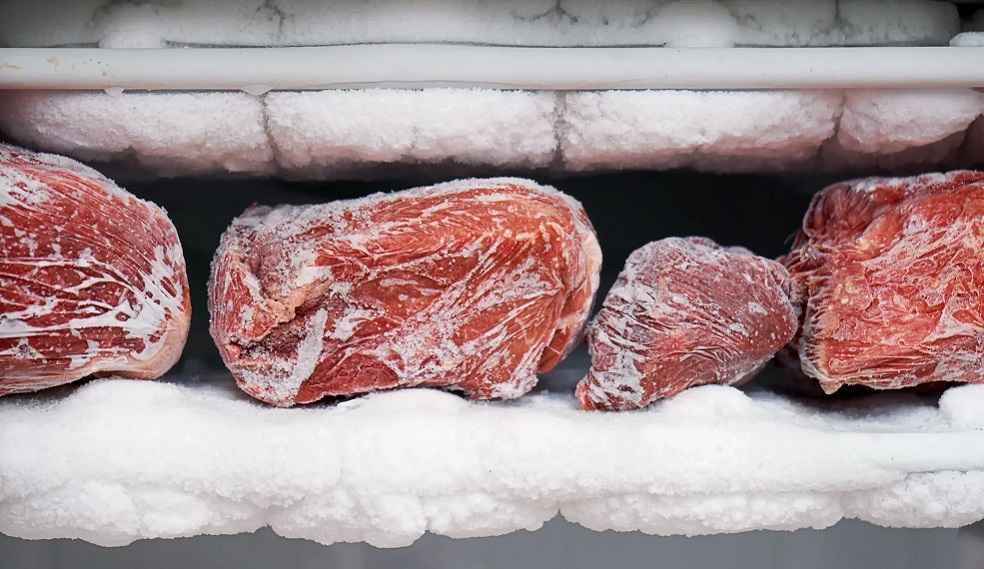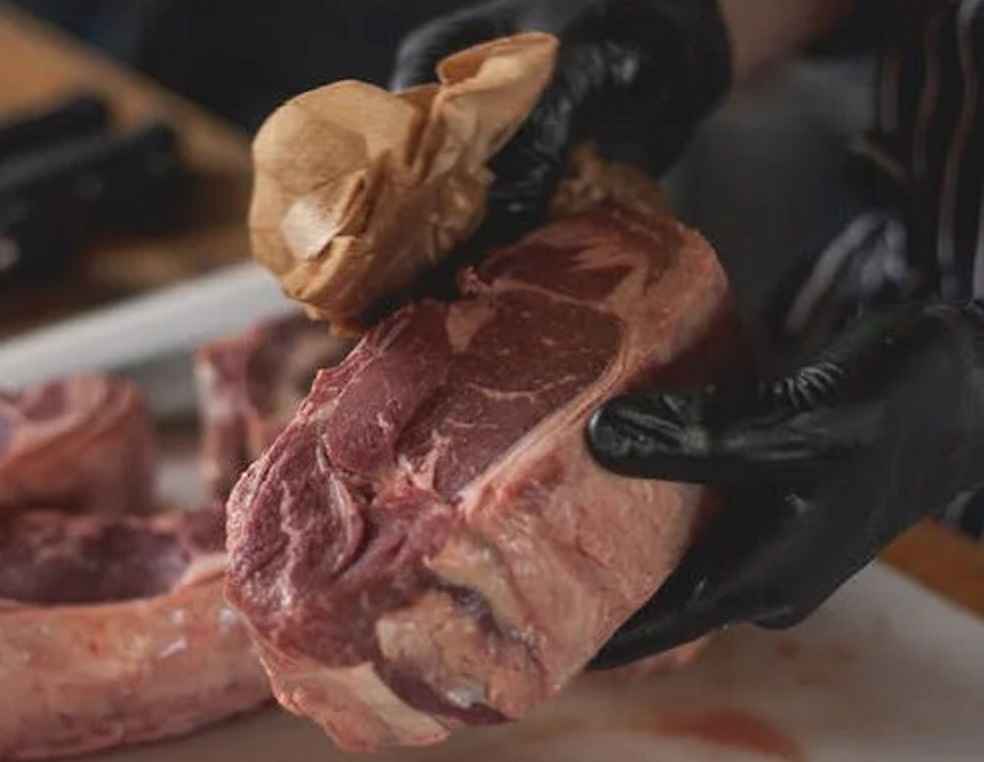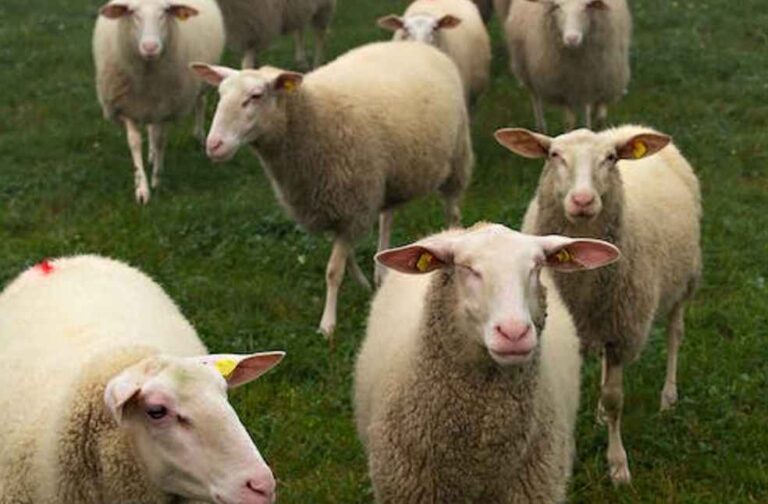The first half of 2023 saw UK exports of fresh and frozen sheep meat soar by 14% compared to the previous year. This boost arose unexpectedly when the modest lamb production increased by only 1% in the same period.
A detailed analysis from the Hybu Cig Cymru-Meat Promotion Wales (HCC) Market Bulletin, based on HMRC data, revealed that a staggering 94% of the exported volume targeted European Union markets. France and Germany were standout importers, bringing in an additional 2,500 tonnes and 1,700 tonnes respectively compared to their 2022 figures.
Glesni Phillips, a representative from HCC, noted, “And as supply in the UK is usually highest during the latter half of the year, we would expect this strong trade to continue.”
In total, the UK shipped out 43,400 tonnes of sheep meat during this six-month window. This figure represents a commendable 16% growth year-on-year. In terms of value, these exports fetched £277.5 million, a 13% hike from the previous year.

Conversely, sheep meat imports into the UK dipped sharply. The first half of 2023 saw a decline of 31%, with only 28,000 tonnes being imported. Fresh and frozen imports saw an even steeper drop of 33%, translating to roughly 8,000 tonnes less than what was imported from New Zealand the previous year. Yet, New Zealand remains a significant supplier, accounting for about 60% of all the UK’s sheep meat imports.
Elaborating on this trend, Glesni remarked, “It would seem that this decrease reflects changes to global consumer demand that have impacted on UK import trends. Much of the product from New Zealand and Australia has been shipped into China.”
Beef exports from the UK followed a different trajectory. There was a 22% drop in exported volumes, which brought the total value down by 10%, settling at £287.4 million. According to Glesni, the reasons could be twofold: “Exports are down as much on the year due to subdued demand from consumers in Europe and because UK cattle prices have been strong, and therefore not as competitive on the global trading landscape.”

The UK’s beef imports also registered a decline of 5% in volume. Fresh and frozen beef imports specifically were down by 7%. Pork exports experienced a similar downtrend. Volumes decreased by 23%, translating to 151,800 tonnes worth £294.7 million. On the other hand, pork imports contracted by 8% in volume.
This comprehensive data sheds light on the dynamic nature of global meat trade patterns and consumption preferences. As the landscape continues to shift, the UK’s strategic adaptability will be paramount to its continued success in the sector.
GLOBAL ROUNDUP | Global Buyers Eye Sustainable UK Meat Market: New Trade Prospects



